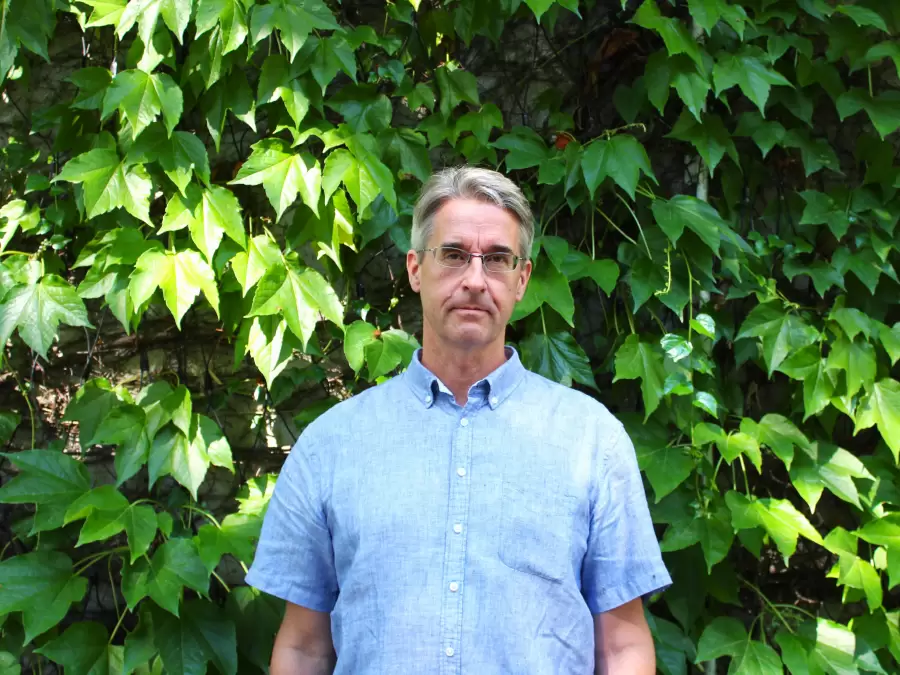Sometimes crises test the resilience of people and nations. Ukraine is currently experiencing such an ordeal after the brutal attack on its territory by neighboring Russia. So far, Ukraine has succeeded to maintain its integrity and sovereignty with flying colors, while Russia has become an international outcast, representing the worst dictatorship in Europe since the end of the Second World War.
Similar challenges may arise at an organizational or personal level as well. That was the case when I started my work at FinnAgora in February last year. By that time, every country was struggling with the pandemic. In Budapest, it meant the interdiction of public events and a strict curfew between 8 PM and 5 AM, among others.
Clearly, this was not the easiest time to launch new activities to promote collaboration between Finland and Hungary in the fields of art, science, business and civil society. Fortunately, circumstances with the pandemic eased by summer 2021, whereby most of our events could be implemented as planned.
So, despite initial challenges, FinnAgora managed to produce an outstanding programme to the Hungarian public, including:
- Finnish film festivals in Budapest and Pécs,
- several exhibitions, such the Encounters design exhibition organized at the Kiscelli museum in conjunction to the Budapest Design Week,
- concerts and Masterclass events with renown Finnish musicians, composers and conductors,
- a visit to the city of Szeged together with a joint seminar with the local university on education systems in Finland and Hungary,
- a culinary event (Taste Åland) organized in the garden of the Finnish embassy to celebrate the 100th anniversary of Åland’s autonomy (an island between Finland and Sweden),
- several high-profile seminars and webinars on a multitude of topics (including a seminar on the role of minority churches in a multicultural Europe, a seminar on the employment and education opportunities of the Roma youth, a seminar on effective public administration, and several webinars on EU affairs, such as the green transition, sustainability and circular economy), as well as
- podcast and webpage interviews with Hungarian and Finnish guests.
What is astonishing is that I was personally on leave during the first half of this year, whereby we had an Interim Director during my absence. Despite these changes, FinnAgora managed to exceed the original programme: some of the events last spring had not been planned before my departure.
My conclusion is that FinnAgora runs like a machine. Small setbacks, such as the pandemic or temporary transitions in the institute’s leadership, do not change the course of its activities. Special thanks to the Interim Director (Ms Anneli Temmes) and the whole team for their outstanding work during the year.
So be prepared for a set of new interesting events this autumn, such as:
- the introduction of the celebrated Finnish writer Meri Valkama at the International Book Festival in Budapest in September,
- the Design Without Borders exhibitions in October at the Kiscelli Museum in Budapest, with a selection of Finnish design students’ works from Aalto University,
- the Finnovation seminar on Municipalities and Climate Change at the Finnish Embassy in Budapest on 3 November,
- the New Jazz from Finland concerts at the Opus Jazz Club in Budapest on 4-5 November, and
- the Finnish Film Festival in Debrecen on 8-10 November, among others.
Meanwhile, we are already planning next year’s activities and look forward to any new initiatives that you may have in mind.
I look forward to hearing from you or meeting you in person.
Eero Yrjö-Koskinen
Director, FinnAgora

